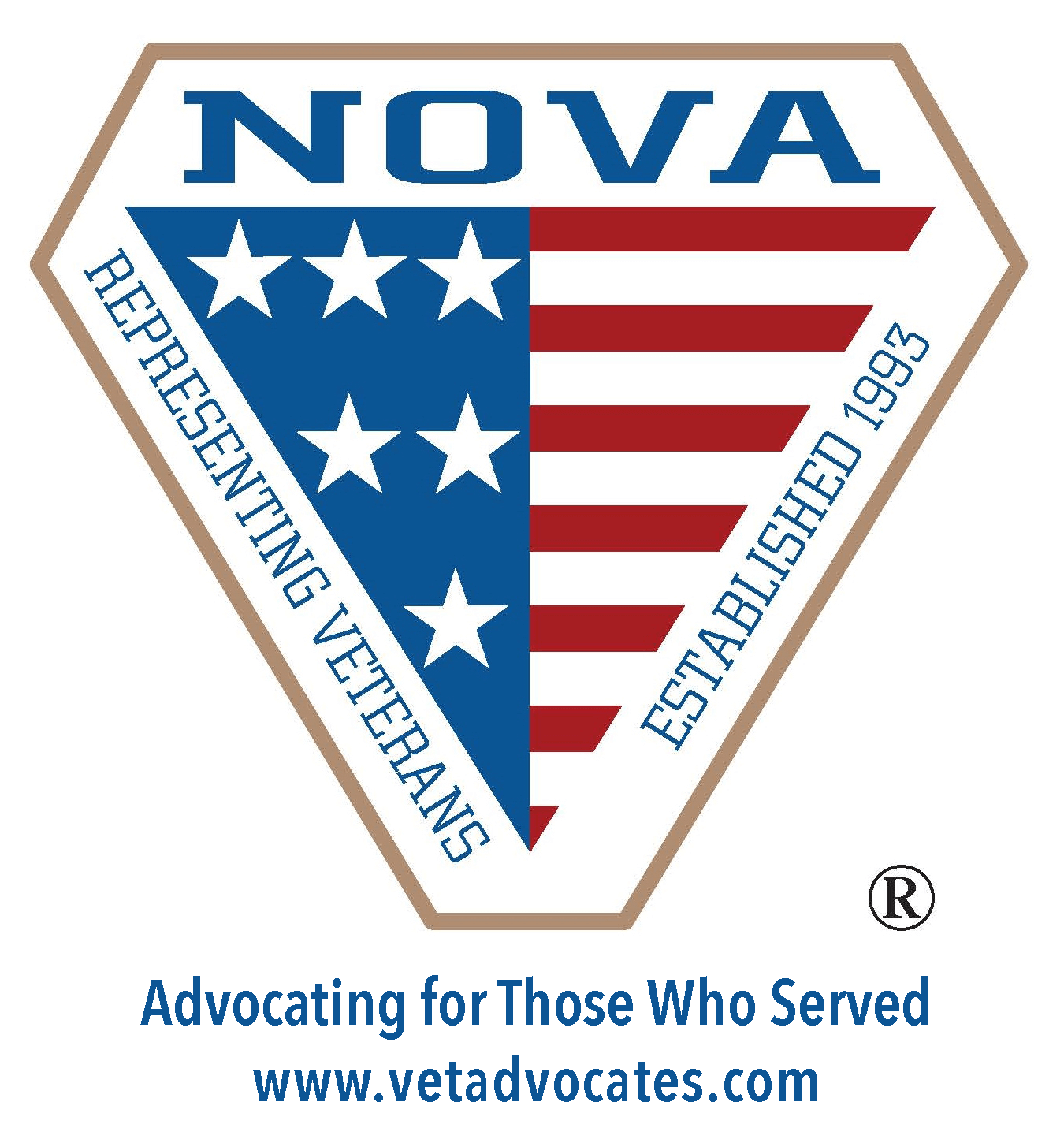When you’re ready to apply for VA disability, you’ll need a copy of your military service records, your medical records during and after your time of service, and something called a nexus letter. This document, which establishes the link between your service and your medical conditions, is one of the core components of proving service connection.
Talk to Us About Your Claim:
(866) 232-5777
In this article about nexus letters
What is a nexus?
Let’s start with a couple of definitions. A nexus is a connection or a link. A medical nexus is the connection between a medical condition and its cause.
Why do these terms matter to veterans? Because they are critical in the process for VA disability benefit claims and appeals.
Before the VA will award disability compensation, a veteran must present evidence that their health conditions are related to their military service — a concept called service connection. VA disability benefits are awarded to veterans with service-connected conditions.
That makes the medical nexus letter one of the most important pieces of evidence in a VA disability case. So what is it and how do you get one?
What is a nexus letter?
A medical nexus is a statement from a doctor that establishes the connection between your condition and your military service.
The letter should explain how something that happened in service (an injury, an accident, a set of conditions during service, etc.) either caused your condition or aggravated a pre-existing condition.
The VA’s standard for this connection is that military service was “at least as likely as not” related to your health conditions. A doctor familiar with VA law will keep that standard in mind as they review your medical and military records.
Do I need a nexus letter and a C&P exam?
If the VA tells you to attend a compensation and pension (C&P) exam, you must go. The result of that exam will be included in your VA claim or appeal.
However, the C&P exam is not the only medical evidence you need to receive your benefits.
A nexus letter from a different doctor could provide another perspective for a VA examiner to consider while reviewing your case. In some cases, the doctor who performs your C&P exam may find that your condition isn’t as bad as you say or isn’t connected to your service. In these cases, your nexus letter can provide a second opinion that could swing a decision in your favor.
Will a VA doctor write a nexus letter?
No. VA doctors can’t and won’t write nexus letters because it would represent a conflict of interest. As a doctor, they’re required to care for you, the patient.
However, a C&P examiner can be asked to evaluate your condition and provide a medical opinion including a nexus statement.
Do all VA claims require a nexus letter?
It’s important to note that not all VA disability claims require you to provide a medical nexus.
Some conditions are considered presumptive, which means the VA knows there is a strong connection between certain exposures and circumstances during service and medical issues. The VA has established presumptive connections for the following:
- Agent Orange
- Burn pits
- Gulf War Syndrome
- Gulf War infectious diseases
- Atomic veterans
- Former prisoners of war

VA requirements for nexus letter doctors
Although you may have heard the terms “nexus doctor” or “nexus letter doctors,” they are not legally or medically recognized terms. Any traditionally licensed physician can provide your diagnosis and medical nexus letter.
In general, the VA will only accept opinions from healthcare providers, including nurse practitioners, licensed to practice medicine in the U.S. Although, professionals such as naturopaths, acupuncturists, and chiropractors will more than likely not meet VA approval.
Family doctors
Your first thought might be to ask your primary care physician to write your nexus letter because who knows more about your health than your personal doctor?
One point to consider is that not all doctors are willing to write nexus letters. Many family doctors have little to no expertise in writing nexus letters to meet VA standards and they might not be comfortable writing a nexus statement.
The VA has training documents online for doctors that are treating and assessing veterans. They can download this pocket card to guide them through the right questions to ask.
Specialists
In some cases, you may have been referred to a specialist during the diagnostic process. If so, you might want to ask them to write your nexus letter. A specialist may be able to provide more detail about your condition and the long-term impact it has on your health. If the doctor doesn’t have experience writing nexus letters, you could provide them with a nexus letter template for some guidance.
Finding a doctor to write a nexus letter
If you have to find a new doctor for your nexus letter, you may feel a little lost. You can start by asking your veteran friends which doctors they recommend.
You can also consult a lawyer who handles VA cases. They have connections with doctors and can help you find the right provider. Woods and Woods has a network of general practitioners and specialists who can help you get the compensation you deserve.
Looking for a VA lawyer?
Woods and Woods has a network of trusted medical professionals who can work with our clients as needed. These doctors review medical records and work with psychologists and vocational experts who understand VA compensation.
We have helped thousands of veterans with their VA disability applications and appeals. Call us today to discuss your first application or your VA disability appeal. The call is free and we won’t charge you a single fee unless we win your case.
Talk to Us About Your Claim:
(866) 232-5777
FREQUENTLY ASKED QUESTIONS
In general, the VA accepts nexus letters from healthcare providers, including nurse practitioners, licensed to practice medicine in the U.S. Your primary care physician may or may not be willing to write a nexus letter to support your disability benefits claim. Not all doctors have experience writing nexus letters. If you need help finding a doctor to write a nexus letter, you can ask veteran friends who they recommend. You could also contact a VA disability lawyer at Woods and Woods to help connect you with a provider.
No. You need a licensed medical professional to write it for the VA. We encourage you to make notes about your conditions and your experience to help your nexus doctor include the correct details in your letter, but you can’t write it yourself.
This firm has been excellent at obtaining my disability claim. I now am 100% service connected. No complaints. Thanks to Woods and Woods. I will recommend them for anyone trying to obtain service connected disability.
–L.T. Google review

Neil Woods
VA disability lawyer
Woods and Woods
VA Accreditation Number: 44739


